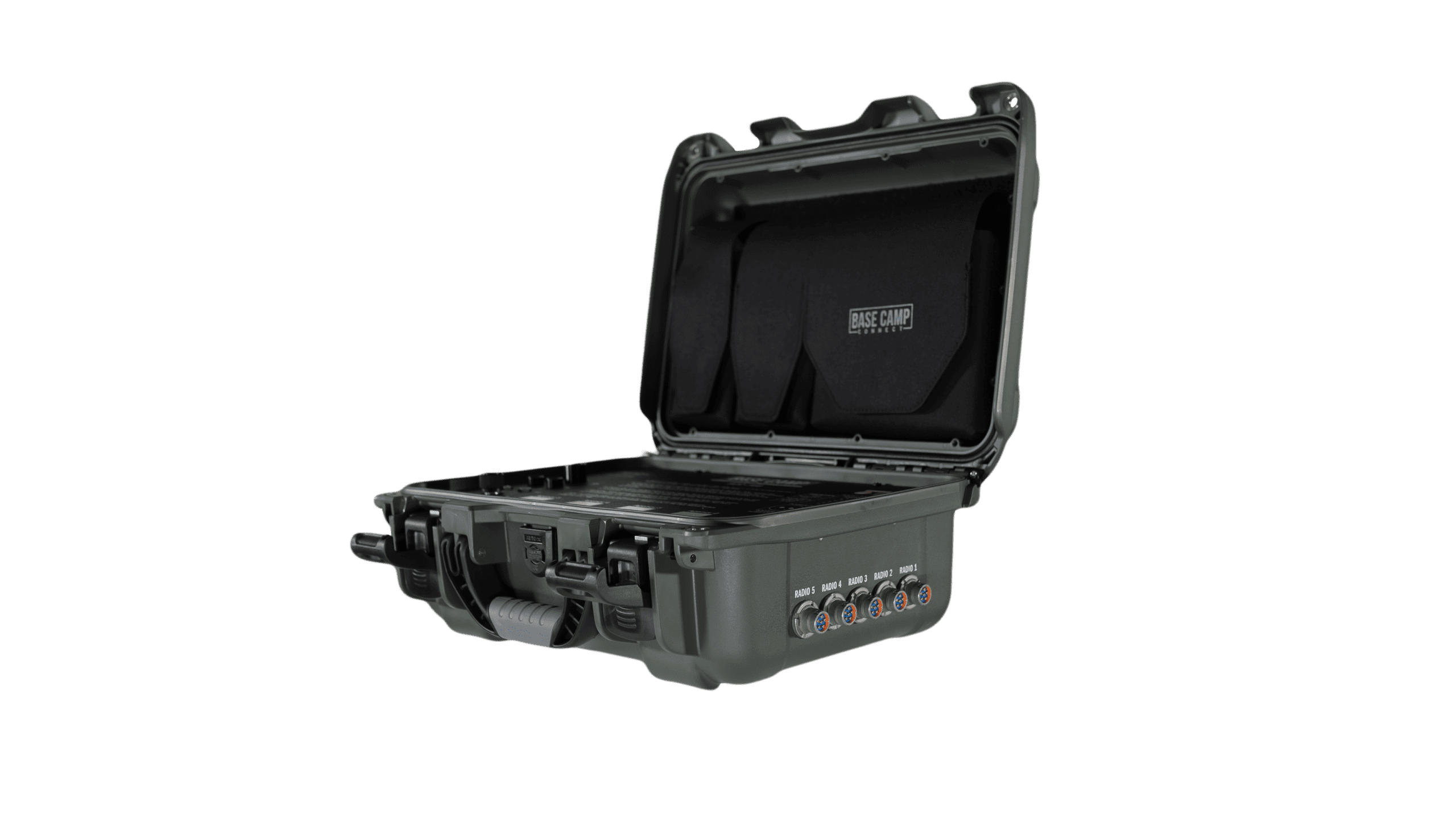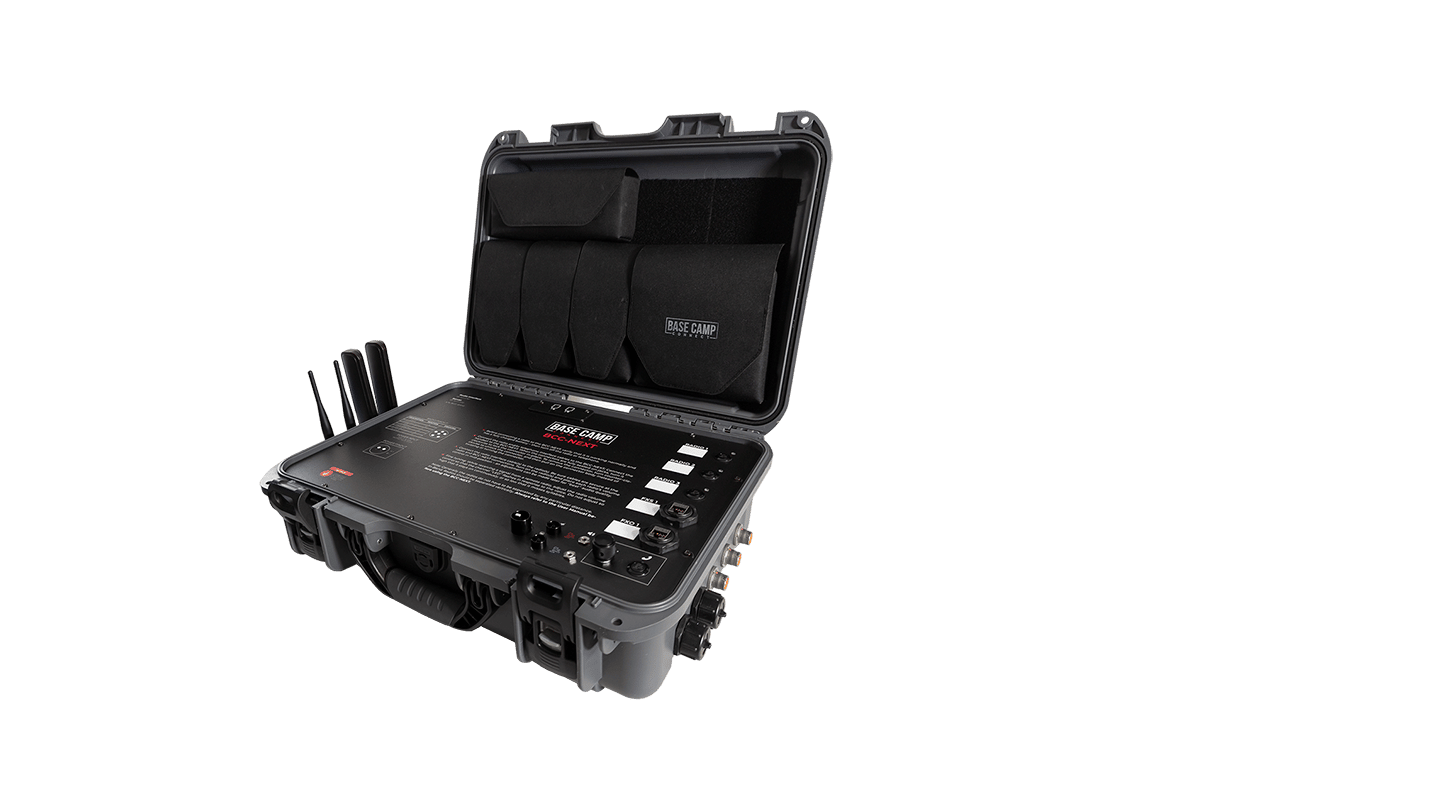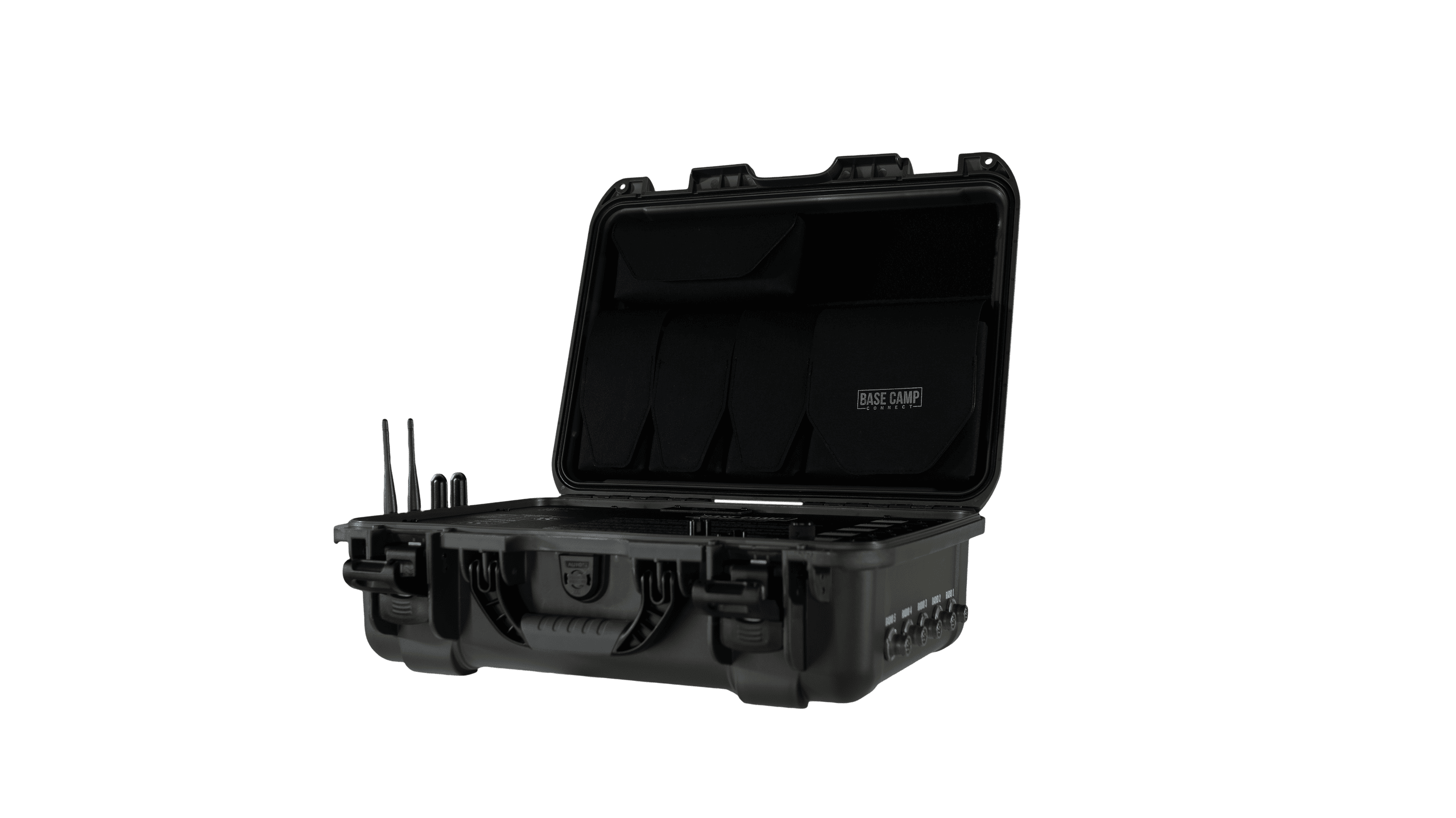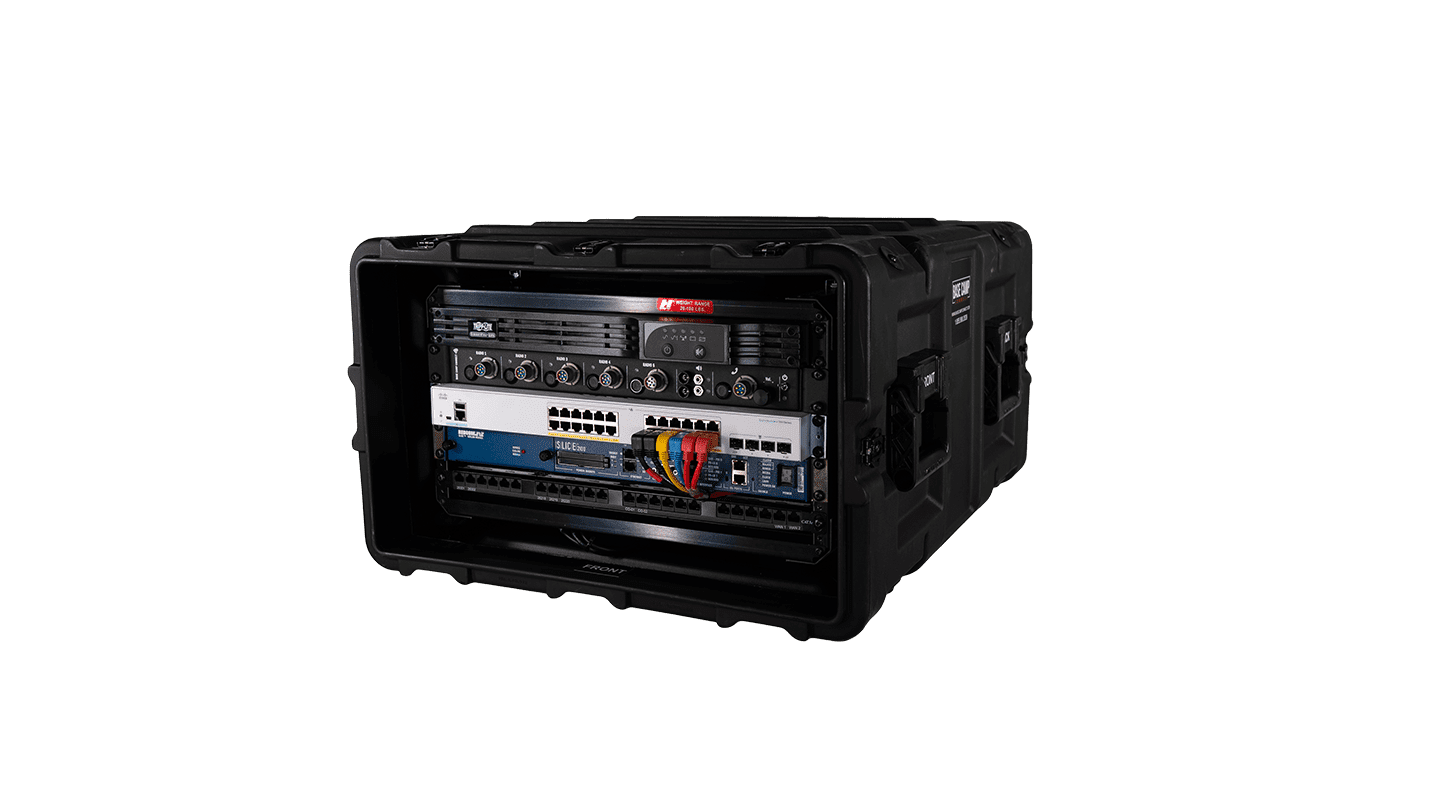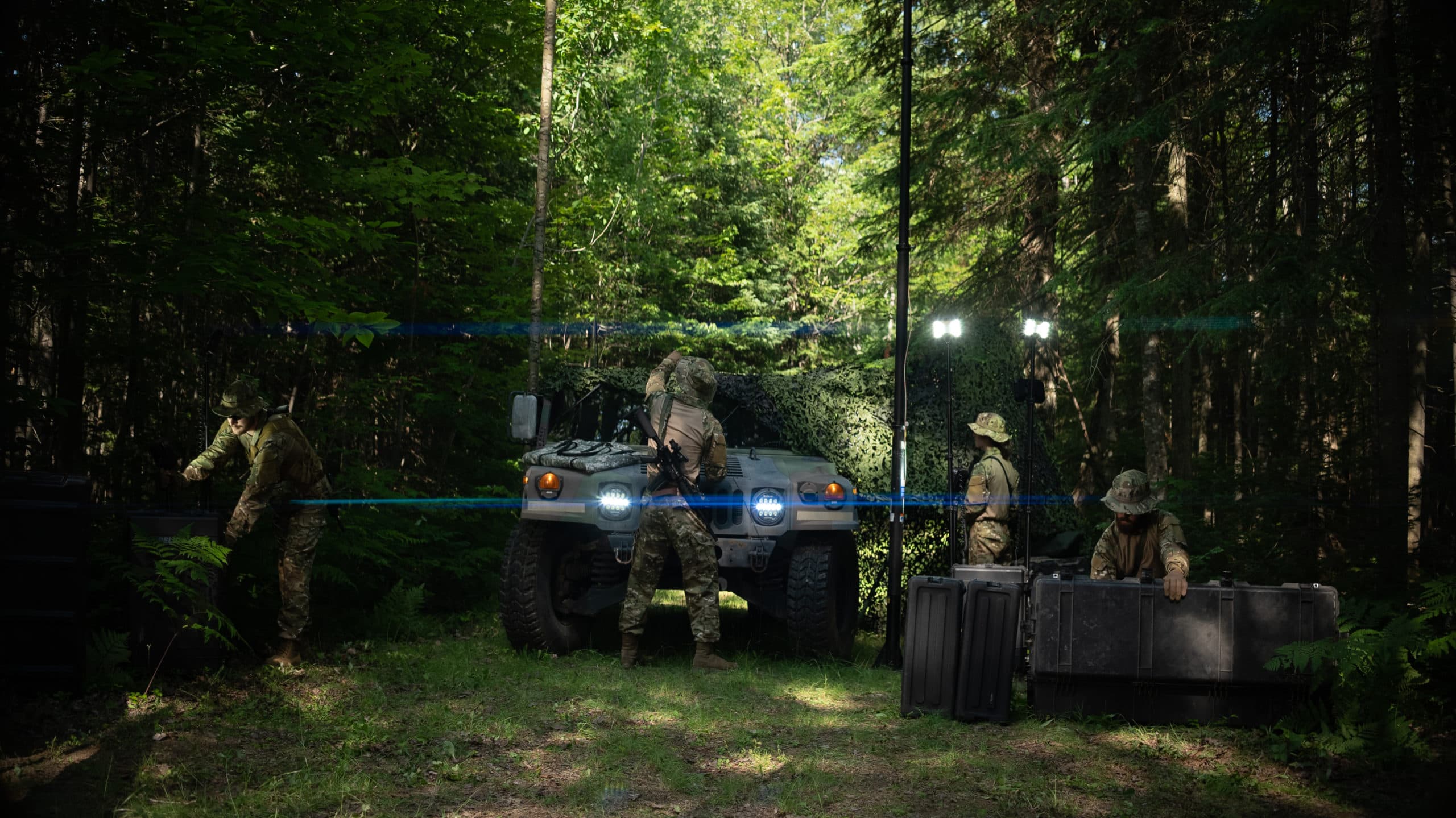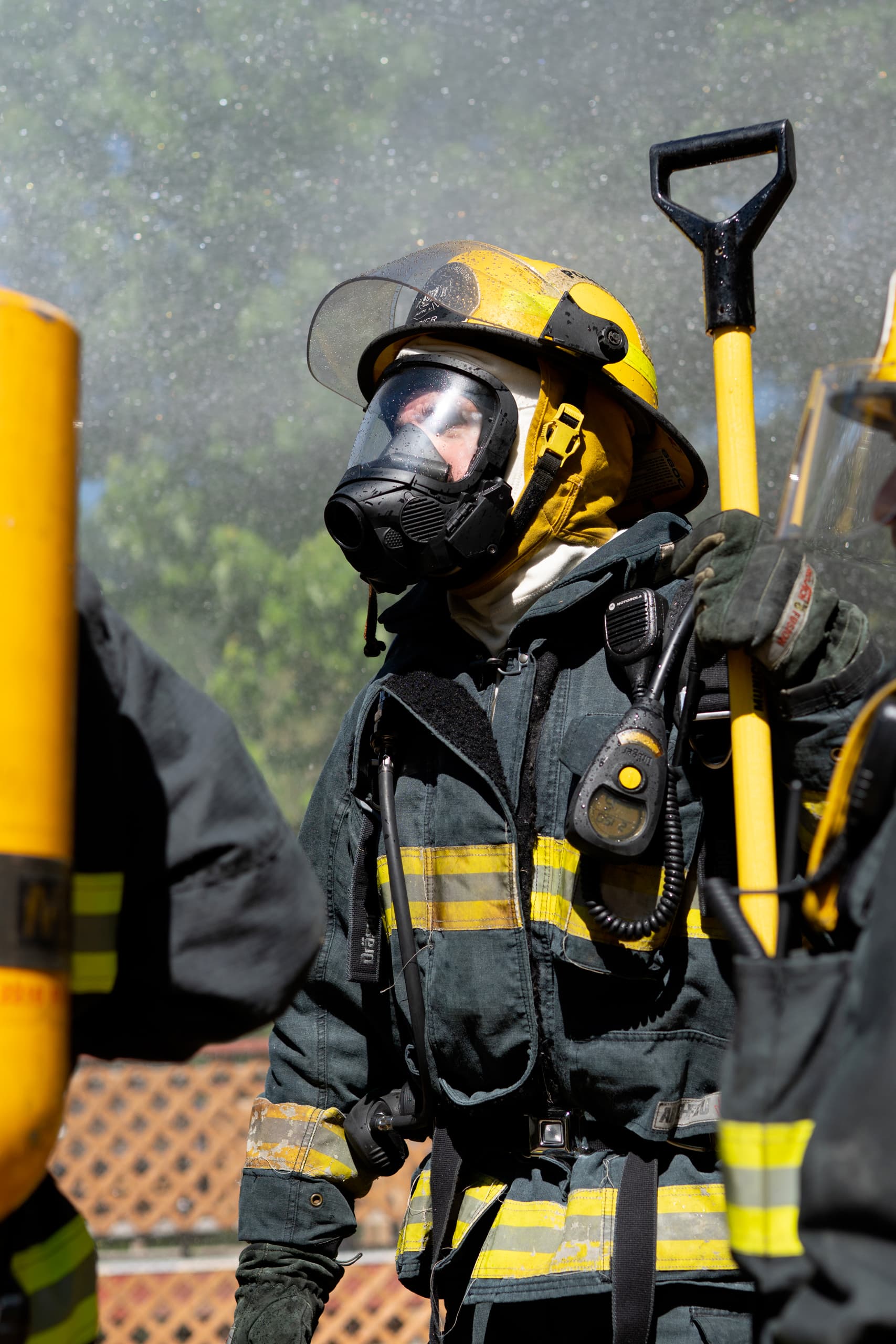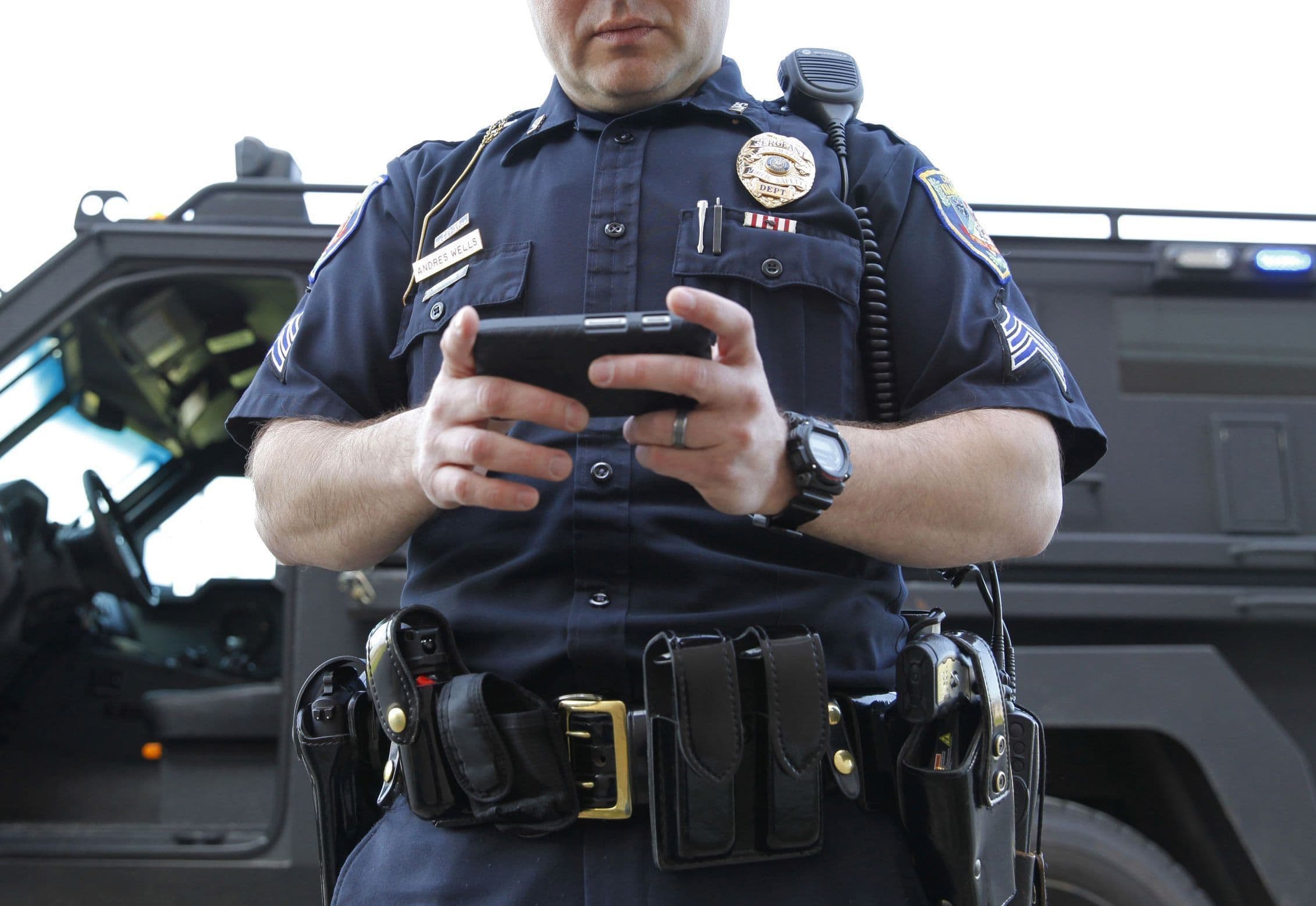Virtually every disaster report ever written includes some form of the phrase “Communications Failed”. We have spent billions of dollars to fix communications failures (an estimated $13 billion since 9/11 in the United States alone) and yet we still have communications failures. Why haven’t we been able to fix the problem?
We are asking the wrong question. We shouldn’t be asking why do communications continue to fail; we should be asking “Why are we surprised?” It is inevitable. We don’t understand the problem.
We need to reframe the discussion to better identify why communications fail, why we will never be able to completely fix communications failures, and what we can do to improve communications before, during, and after disasters. This is a huge topic, and we can only brush the surface here.
THE FIRST COMMUNICATIONS FAILURE
“Communications fail in disasters” is a perfect example of a communications failure. It says nothing of what failed, why it failed or how it failed. “Communications failed” is the exact equivalent of someone stating “Something went wrong.” That is just the starting point for why we don’t understand communications failures.
Instead of saying “something went wrong” we need to know exactly what went wrong. Which brings the next major communications failure of communications failures; how many ways do communications fail? If we can’t answer that, then how do we expect to identify what went wrong in any disaster.
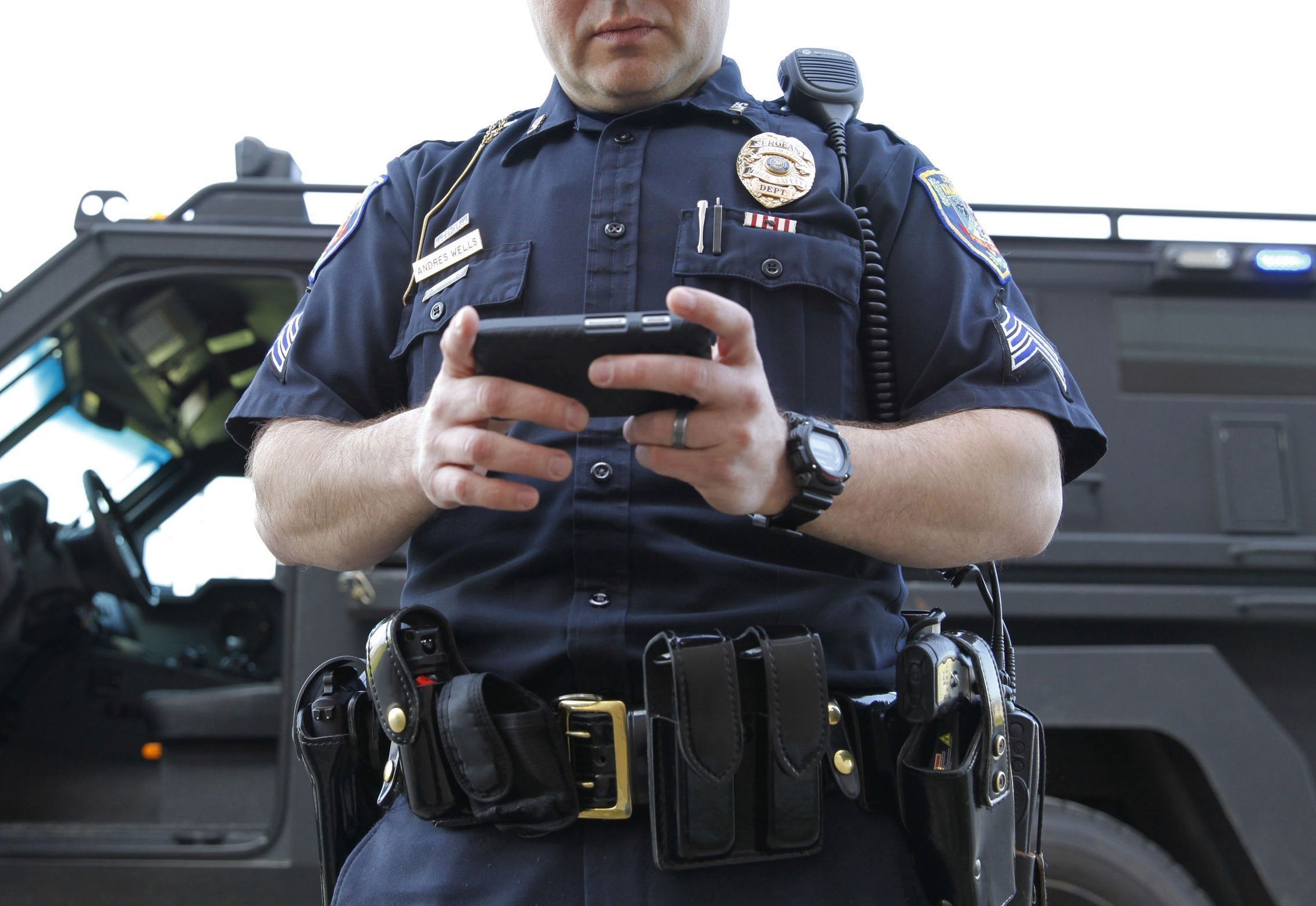
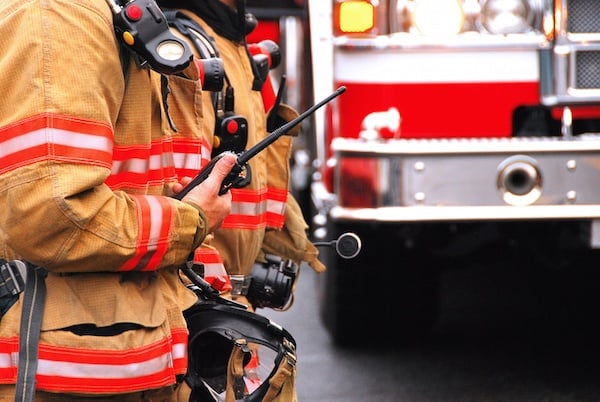
WHAT DO WE MEAN BY COMMUNICATIONS?
When we look at disaster reports and see “Communications Failed” we must start by asking what exactly do you mean by “Communications”? That is one of the biggest communications failures; when we talk about communications failures, we may be thinking mode failures, but we may be discussing human failures. We need to narrow down our discussion away from relationship communications and business management to a more restricted definition for the purposes of emergency communications.
Part of our problem in identifying communications failures is there are multiple definitions of the word and multiple meanings. This isn’t a question of rhetoric. I spent an hour at an exercise chasing an amateur radio operator who was supposed to be shadowing an Incident Commander because people kept on saying the Incident Commander was trying to find the “communications guy”. Turned out, they weren’t looking for the radio communications guy or the Incident Information Officer, they were looking for a corporate communications representative. Three variations of the word communications. Words become important in disasters.
Using the Mirriam-Webster online definitions of “communications” and “communicate”, it can mean a wide variety of things:
: an act or instance of transmitting the communication of disease
: information communicated : information transmitted or conveyed
“ the function of pheromones in insect communication
: a system of routes for moving troops, supplies, and vehicles
: personal rapport
: a technique for expressing ideas effectively (as in speech)
: body language, eye contact, the grinning, the little signals that go on between people.
: a system (as of telephones, or computers) for transmitting or exchanging information
: a connection between bodily parts
: to open into each other : connect The rooms communicate.
“Communications failed in the disaster” could potentially mean the roads failed (system of routes), we didn’t have rapport between responders, you missed my wink, or two rooms within the Emergency Coordination Centre didn’t open to one-another when needed. Unless we agree on a definition for communications, then we can’t agree or analyze how communications failed.
We need to narrow it down to a more specific definition. Many people would narrow it down to “mode” communications, such as radios, phones and internet because some of the most obvious communications failures are mode failures. But that is too restrictive for one simple reason; the majority of communications failures occur when the mode is still working. There is something more than just the mode involved and focussing solely on mode failures is certain to lead to continued communications failures. Simply put, most failures are human failures and no matter how much money you spend on radios, you will still have communications failures when someone forgets to turn on their radio.
For this discussion, communication is the passing of information (the message) from one person to another person. This is not solely two-way communications because communications failures are often one-way communications failures such as a tornado siren failure or someone not understanding an evacuation message because they don’t speak English or even your car radio dying in a tunnel or a parking garage. As well, this discussion focuses on person to person but equally applies to a technological communication to people such as a sensor or a computer sending information to a person.
COMMUNICATIONS FAILURES ARE NOT A DISASTER CHARACTERISTIC
Communications failures happen every hour and day of our lives. When you pay attention, you will find the average person has dozens and often hundreds of communications failures every day. Missed phone calls, relationship problems, misheard conversations. Have you ever got a busy signal on the phone? That is a communications failure where you failed to reach the person you wanted to call. Have you ever had a cell phone battery die? That is a communications failure for nobody can now call you and you can’t call anyone. Ever tried to talk with someone in a noisy bar or restaurant?
Communications failures are so common that we actually make fun and have dozens, if not hundreds of phrases acknowledging them; “telephone tag”, “Whisper circle”, “in one ear and out the other”, “he/she doesn’t understand me”, “techno-peasant”, and so on. “Error 404 – Web Page Not Found” sound familiar?
Those are the day to day failures that have become background noise; we barely acknowledge them. Ever missed a phone call? Have you ever misunderstood a person with an accent? Do you get upset when someone fails to signal a lane change? Which brings us to two important things to understand about communications failures. First, they happen so often we fail to recognize them. Second, we have become incredibly adept at compensating for communications failures.
That ability to compensate by talking a little louder, phoning back later, borrowing a charger, or rephrasing what someone didn’t understand is both effective and ineffective; it is extremely effective because we manage to continue functioning every day despite the multitude of communications failures and ineffective because that coping doesn’t actually fix the original problem and may create a secondary communications failure at the same time.
So, if communications failures are constant, why do we perceive them to be a characteristic of disasters?
